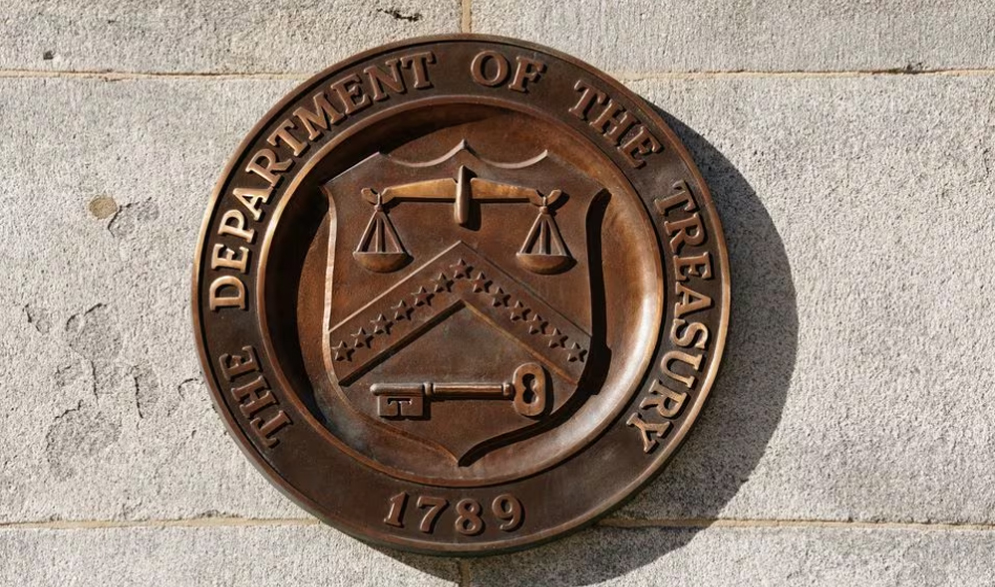
Beyond the Escalation of American Pressure on the War Advocates Camp
Abdullah Rizk Abu Seemazah
The late move by the United States to arrest the Islamic leader and former Minister of Interior, Ahmed Haroun, can be seen as a significant leap in the framework of Washingtons positions and dealings with Sudan. It follows a series of gradual pressures that have included economic sanctions targeting individuals and entities on both sides of the war.
This escalation aligns with tangible and direct support, sometimes delayed, for the International Criminal Court (ICC), which has miserably failed to obtain cooperation from Khartoum authorities or support from the member states of the Rome Statute, establishing the court, regarding the extradition of individuals accused of crimes related to Darfur, including Ahmed Haroun.
On the other hand, this move reinforces Americas position, as one of the drivers of the Juba platform, to exert more direct and indirect pressure on Prime Minister Abdalla Hamdok, who appears obstinate in negotiations, hindering reaching an agreement on a ceasefire and ending hostilities. It also reflects the reluctance to cooperate with the ICC, influenced by the Islamists. Some understandings in Juba included commitments from the army to apprehend some of the wanted individuals and prisoners, but it failed to fulfill them. However, the American intervention in the ICC-wanted individuals may not stop at Ahmed Haroun; it may include the rest of the wanted individuals, especially Omar al-Bashir and Abdel Rahim Mohamed Hussein. It carries an implicit threat to the military leadership, led by General Abdel Fattah al-Burhan, that their turn may come, similar to what happened with Noriega. The recurring statements from American circles accusing both parties of war crimes and crimes against humanity indicate this and pave the way for it. This puts al-Burhan and the "State of Port Sudan" to a serious and decisive test.
The American actions, ranging from economic sanctions on individuals and institutions to pursuing individuals wanted by the ICC, such as Abd al-Basit Hamza to Ahmed Haroun, indicate that Washington, which holds the Islamic movement partly responsible for igniting and preventing the war, continues what it started by punishing both cards. It targets the Islamic movement alongside the de facto authority, which form an opposing alliance against peace efforts, including American efforts, and obstruct the civilian-led democratic transition, which the United States has been diligently working with its allies to restore since the October 25 coup in 2021. Additionally, it aligns with Iran at a time when it seems that Iran is on the verge of entering into a war with the United States in the Red Sea, through Iraq and Syria.
This escalation in American pressure on the war advocates camp, especially as it coincides with the secret negotiation round last month in Manama, Bahrain, between the deputies of al-Burhan and Hameti, has sparked sharp disputes within the war advocates camp, both civilian and military. It puts them on the edge of a new juncture that may force al-Burhan and his Islamist allies to back away from rapprochement with Iran and attempting to revive military cooperation with it. Such actions would threaten to prolong the war and refrain from opposing American policies in the region, including efforts to end the war and restore the path of civilian democratic transition.

